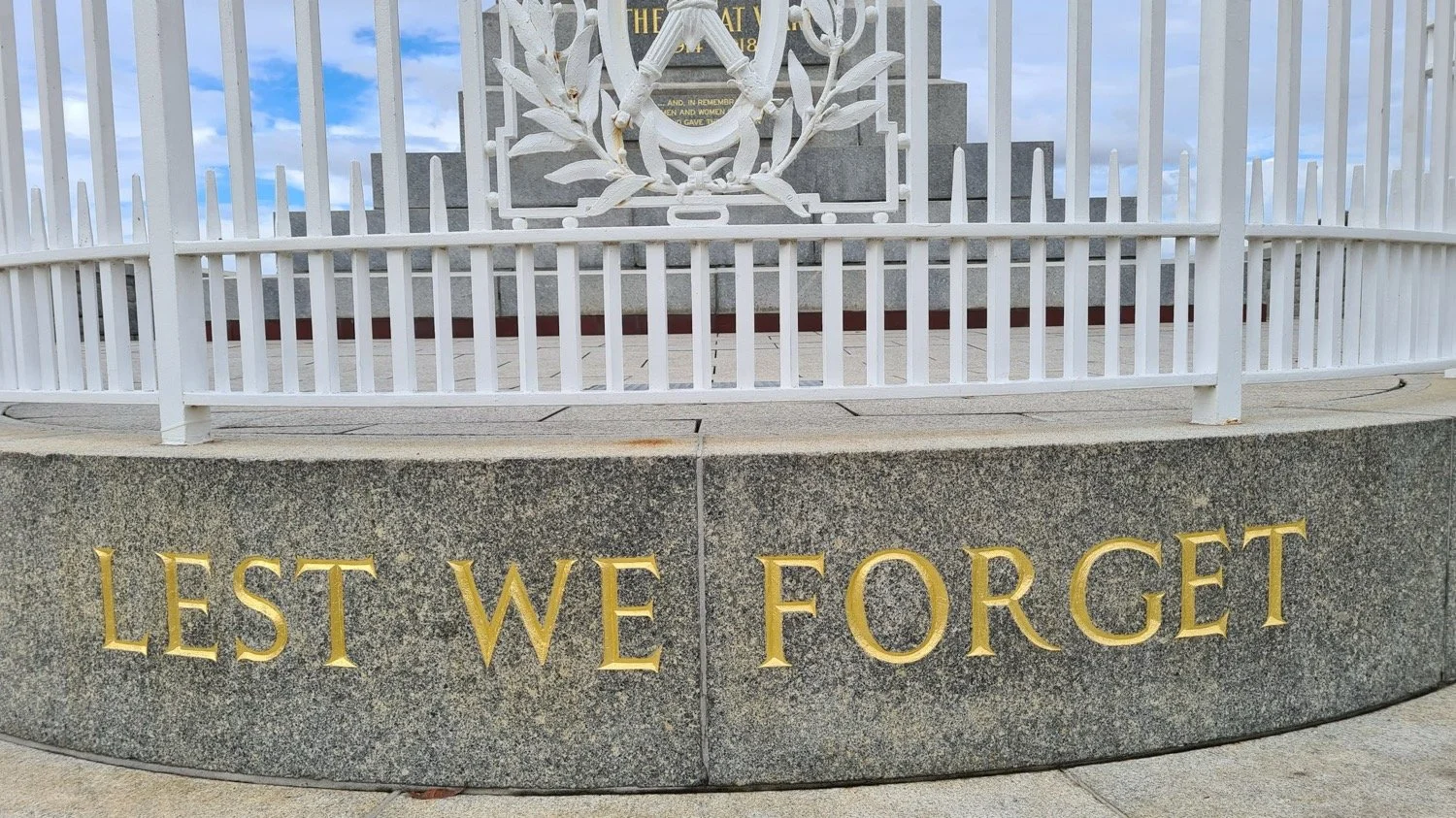Readings for today: Leviticus 19:1-20:21, Mark 8:11-38, Psalms 42, Proverbs 10:17
Raise your hand if you knew the Golden Rule came from Leviticus? Now repent because you broke the 8th Commandment! :-) Most associate the Golden Rule with Jesus and rightfully so. After all, Jesus repeats it as part of His teaching in the Sermon on the Mount. (Matthew 7:12) However, very few people realize that God first enshrined this rule in law in Leviticus. Lost in all the conversation about sacrifices and priestly garments and what one should eat or wear is this beautiful picture of community life in Leviticus 19:9-18.
We see God’s heart for the poor and less fortunate...“When you reap the harvest of your land, you shall not reap your field right up to its edge, neither shall you gather the gleanings after your harvest. And you shall not strip your vineyard bare, neither shall you gather the fallen grapes of your vineyard. You shall leave them for the poor and for the sojourner: I am the Lord your God.”
We see God’s concern for honesty and transparency..."You shall not steal; you shall not deal falsely; you shall not lie to one another. You shall not swear by my name falsely, and so profane the name of your God: I am the Lord.”
We see God’s compassion, especially for the less abled in our midst..."You shall not oppress your neighbor or rob him. The wages of a hired worker shall not remain with you all night until the morning. You shall not curse the deaf or put a stumbling block before the blind, but you shall fear your God: I am the Lord.”
We see God’s desire for justice and righteousness and truth..."You shall do no injustice in court. You shall not be partial to the poor or defer to the great, but in righteousness shall you judge your neighbor. You shall not go around as a slanderer among your people, and you shall not stand up against the life of your neighbor: I am the Lord.”
And finally, we see God’s admonition against hate, anger, rage, contempt, and most of all, vengeance..."You shall not hate your brother in your heart, but you shall reason frankly with your neighbor, lest you incur sin because of him. You shall not take vengeance or bear a grudge against the sons of your own people, but you shall love your neighbor as yourself: I am the Lord.”
This are massively applicable in our world today! Could you imagine a community of people who sought to put these into practice? On a daily basis? Who gave generously? Dealt honestly? Showed compassion? Fought for truth? Laid aside anger and rage and malice and hate in the name of love? Hopefully you can! It’s called the Church! Now I know no church is perfect. After all, it’s full of imperfect sinners like me who struggle to keep God’s law faithfully. However, as we seek God with all our heart, soul, mind, and strength, we can expect to see some of these same behaviors break loose in our lives! We can expect to bear this kind of fruit for the Kingdom! And as brothers and sisters called into community together, we can make a HUGE difference in the world today! That’s the call! That’s the challenge! That was God’s plan for Israel and it’s still God’s plan for His people today!
Readings for tomorrow: Leviticus 20:22-22:16, Mark 9:1-29, Psalms 43, Proverbs 10:18




